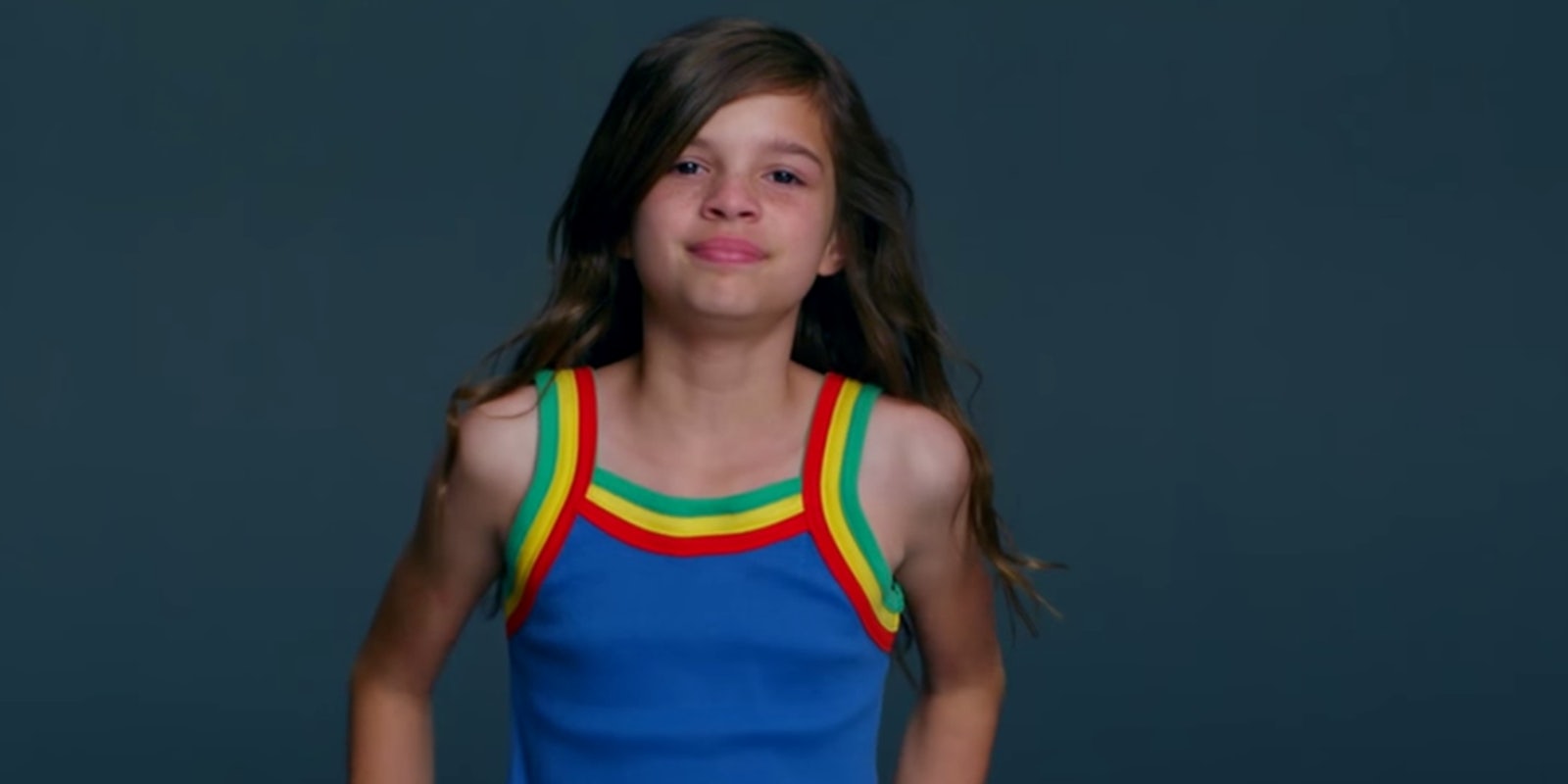As a spot-on SNL Super Bowl commercial parody demonstrates, the Super Bowl is not traditionally considered an ideal time for advertisers to market to women, despite the fact that nearly 46 percent of Super Bowl viewers are female. The reasoning seems to be that if you want the female 18-to-36 demographic, you should take your ad dollars Sunday night and go to TNT for Gone with the Wind or to USA’s “Benson Bowl” (aka their Law and Order: SVU marathon). Ladies might hate the footballs, but boy, do they love watching struggling New York theater actors get raped and murdered on serialized TV.
This year, however, the Super Bowl was notable for its profound lack of sexist advertising, according to Salon’s Mary Elizabeth Williams. Williams writes, “Sunday’s Super Bowl turned out to the least offensive to women that football’s biggest night has been in years. It was even, at multiple instances, positively feminist.” Gone were the ads for Internet domain registrars with steamy lesbian subtext; no longer were there spots of Stepford wives with frozen smiles, patiently dispensing Totino’s pizza rolls to their husbands from a tiny toaster in their vaginas. But is that really enough to erase the NFL’s ugly year for women?
At the 2015, the standard sexist fare was replaced by two ads that, when taken at face value, sent a strong, pro-woman message: a much-hyped anti-domestic violence ad, released as part of the NFL’s anti-domestic violence “No More” campaign,” and a commercial for Proctor & Gamble’s #LikeAGirl hashtag, urging us to reevaluate our conception of what it means to throw or run like a girl.
Although both of these commercials were greeted with the obligatory naysaying on Twitter, the general consensus was that they were both pretty good. USA Today called #LikeAGirl the “best Super Bowl ad,” and others felt the anti-domestic violence PSA, which was taken almost word-for-word from an eight-month-old Reddit thread, was particularly haunting and evocative.
In most respects, it seemed that what cultural critics had said about Super Bowl advertising was true: that it was starting to skew more toward women, or at least to a broader audience than overgrown, Totino’s-munching man-boys.
“We’ve seen indications that advertisers for instance are getting pressured to abandon this frat boy style of ads that we’ve seen in years past and offer more sophisticated stuff,” TV critic Eric Deggans said on NPR’s All Things Considered last week. Was it true? Were the NFL and NBC actually making a concerted effort to appeal to women after all?
However, I’d be more inclined to believe that was the case if the domestic violence PSA and #LikeAGirl ad weren’t immediately followed by ads like this one for Carl’s Jr., featuring a busty Kate Upton lookalike appearing to eat a burger naked in a public market:
https://www.youtube.com/watch?v=4WTA_8waxTo
Or this one for Fiat, featuring a car taking an erectile dysfunction pill, underscoring the idea that men view their cars as extensions of their own penises:
https://www.youtube.com/watch?v=YAcLViTHDOo
Or this one, which is just a bunch of hot ladies pushing their sweater puppies together:
I have nothing against Carl’s Jr., Fiat, or even Victoria’s Secret, and I hope they think their $4 million of ad time was worth it, but let’s be real here: Running ads like these next to anti-domestic violence PSAs and feminist hashtag campaigns sends a very, very mixed message. Specifically, that message is: “We care about women. But not nearly as much as we care about men’s right to gawk at them eating a hamburger naked.”
In light of the other ads that ran during the Super Bowl this year, it’s hard to feel like the #LikeAGirl and anti-domestic violence ads were intended as genuine plays to female viewers, and more like they were meant to pander to an audience that has expressed intense criticism of the NFL’s relationship with women to begin with. In light of the scandal over NFL commissioner Roger Goodell’s handling of Ray Rice pummeling his wife in an elevator, the domestic violence PSA was created as a way for the NFL to demonstrate its role in leading the fight against domestic violence—despite the fact that, other than running the ad, they’re not really doing much to fight domestic violence in the first place.
The PSA combined with the #LikeAGirl ad seem very much like a last-ditch attempt to spread a salve on the festering wound that is the NFL’s relationship with women. “We care about domestic violence victims! Look at this artfully produced 30-second clip of dirty dishes in a sink, symbolizing society’s neglect of battered women!” the ad seemed to be screaming. “We care about women’s rights too! Look at these scrappy ten-year-old girls! They think girls can be anything they want to be when they grow up, and we think so too!”
But if the NFL really believes that, and the only other women little girls are seeing in commercials that night are Kim Kardashian, buxom 21-year-old models eating burgers and the Seahawks cheerleaders, it’s easy for that message to get lost.
Screengrab via Always/YouTube


